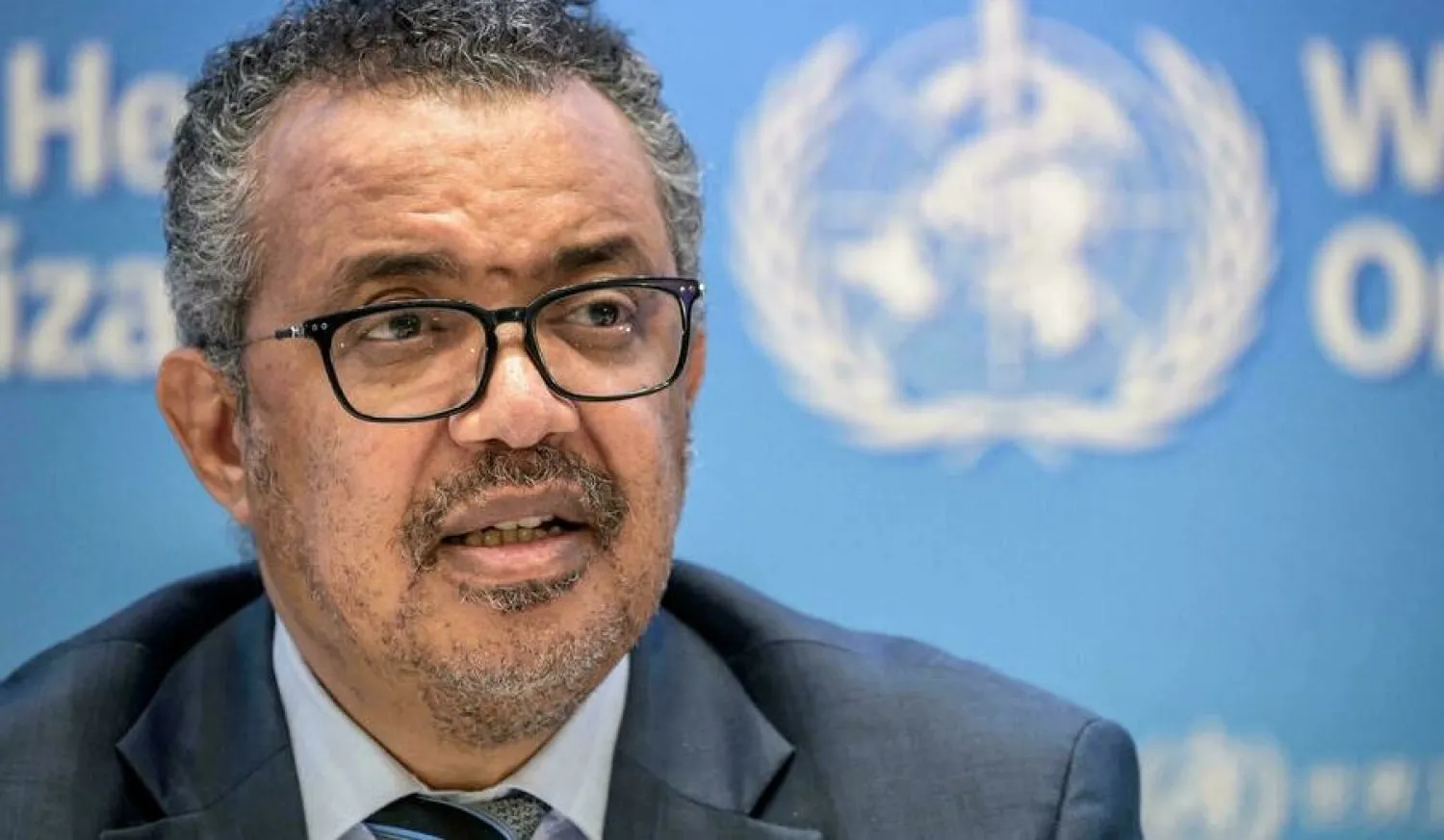Ethiopia has asked the UN health agency to investigate its chief Tedros Adhanom Ghebreyesus for "harmful misinformation" and "misconduct", accusing him of backing rebels in his native war-torn Tigray region.
Tedros -- the highest-profile Tigrayan abroad -- this week described conditions in the Ethiopian region as "hell" and said the government was preventing medicines and other life-saving aid from reaching locals.
According to AFP, ddis Ababa said his comments threatened the World Health Organization's integrity, and called for Tedros to be investigated for "misconduct and violation of his professional and legal responsibility."
"He has been interfering in the internal affairs of Ethiopia, including Ethiopia's relations with the state of Eritrea," the foreign ministry said late Thursday, quoting a letter it sent to WHO.
The government accused Tedros of supporting the Tigray People's Liberation Front (TPLF), its adversary in the 14-month war in the country's north, and a listed terror group in Ethiopia.
The fighting has killed thousands and pushed many more to the brink of famine.
Tedros had "spread harmful misinformation and compromised WHO's reputation, independence and credibility which is evident from his social media postings that openly endorse the terror perpetrated by the TPLF against the Ethiopian people", the foreign ministry said.
Ethiopia's mission to the United Nations also protested against his remarks and called for Tedros to recuse himself "from all matters concerning Ethiopia."
"Partisan, politically and personally motivated staff, blindsided from serving their global roles, curtail the most needed work of UN agencies," it said on Twitter on Wednesday.
Tedros on Wednesday described restrictions on aid entering rebel-controlled Tigray -- which the UN has described as a de facto blockade -- as "an insult to our humanity".
It is "so dreadful and unimaginable during this time, the 21st century, when a government is denying its own people for more than a year food and medicine and the rest to survive," Tedros told reporters.
Addis Ababa on Friday blamed the TPLF for the blockade, accusing the rebels of impeding critical humanitarian corridors into their stronghold of Tigray.
The international community should "hold the TPLF accountable for the crime of starving people in Tigray, under whose name it has been wreaking havoc," the foreign ministry said.
Ethiopian forces and its allies have been fighting the TPLF since November 2020, when Prime Minister Abiy sent troops into Tigray after accusing the rebels of attacking army camps.
It is not the first time that Tedros, who in 2017 became the first African to head WHO, has attracted Ethiopia's ire over his remarks on the war.
At the outset of fighting, Ethiopia's army chief Berhanu Jula accused the 56-year-old of helping the TPLF acquire weapons.
The WHO boss rejected these allegations, insisting he was "on the side of peace".









